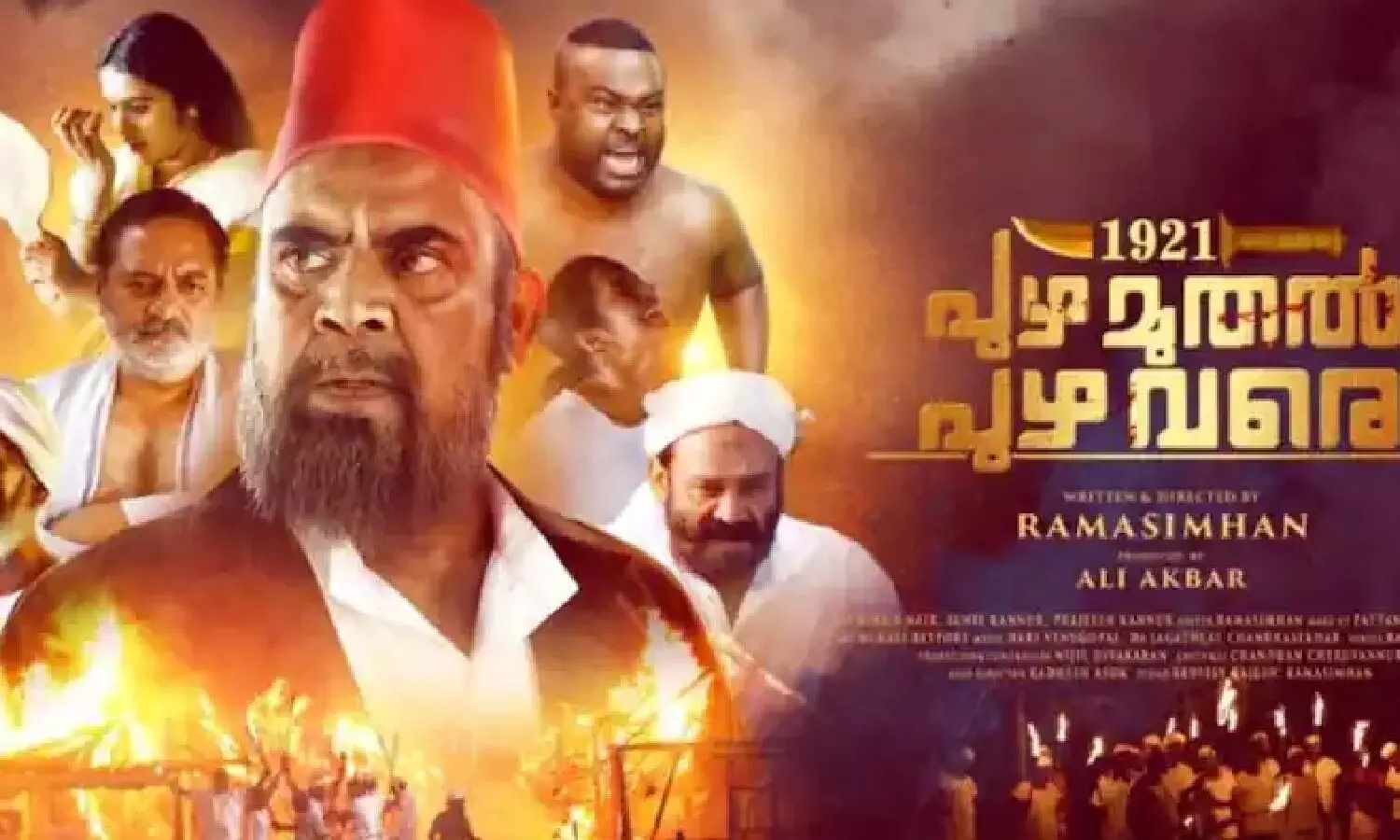
Kerala HC Strikes Down CBFC's Direction To Delete Many Scenes From Movie About 1921 Malabar Riots
 |
|The Kerala High Court has set aside the decision of the Central Board of Film Certification (CBFC) certifying the Film "Puzha Muthal Puzha Vare" for public exhibition restricted to adults subject to some modifications.
The film is about the 1921 Malabar Riots that happened in different parts of Kerala.
The Bench of Justice N. Nagaresh was dealing with a plea by Malayalam Film Director Ali Akbar who had alleged that the CBFC had infringed his fundamental right.
Senior Advocate P. Ravindran appeared for the petitioner whereas Advocate Manu S. DSGI appeared for CBFC.
The petitioner-director Ali Akbar @ Ramasimhan submitted an application to the 2nd respondent-Central Board of Film Certification seeking certification of the Film "Puzha Muthal Puzha Vare".
The 3rd respondent-Chairman of CBFC referred the movie to a Revising Committee.
The Revising Committee examined the movie and the 10-Member Revising Committee, by a majority decision (7/10), decided to issue 'A' certification to the movie with a few cuts.
Thereafter the Chairman of CBFC again referred the Film to a second Revising Committee.
The petitioner stated that the decision of the Chairman of CBFC to refer the movie to a second Revising Committee is highly illegal and arbitrary.
The petitioner was informed that the Board has decided to certify the petitioner's Film for public exhibition restricted to adults provided the petitioner carry out excisions/modifications as suggested.
The petitioner stated that though the modifications suggested is 12 in number, in effect, total number of excisions will be much more than 12 and it will undermine the very soul of the movie.
On examining the film, three members of the Examining Committee recommended denial of certification to the film as those members found that the film contained visuals as well as dialogues which are likely to endanger public order.
The Regional Officer sent the recommendations of the Committee members to the Chairman of the Board. The Chairman referred the film to a revising committee.
The Revising Committee consisted of a Presiding Officer and seven members. Five of the members of the eight member Revising Committee were of the opinion that the film can be certified with an adult rating with seven modifications. The remaining three members felt that the minority community was shown in a very poor light.
On receipt of the report of the Revising Committee, the Chairman of the Board deemed it necessary to refer the film to a second Revising Committee.
The second Revising Committee unanimously agreed that the film can be given adult certification subject to moderation of scenes of excessive and repeated atrocities shown.
The Court noted that when five out of eight members of the Revising Committee approved the film with seven modifications, the Chairman had option either to accept the recommendation of the Revising Committee or if the Chairman disagrees with the decision of the majority of the Committee, refer the matter to the Board for examination of the film.
The Court noted that the action of the Chairman referring the film to a second Revising Committee is illegal and is in violation of the Cinematograph Act, 1952 and the Cinematograph (Certification) Rules, 1983.
Accordingly, the Court set aside the Order referring the movie to a second Revising Committee and the Order certifying the Film for public exhibition restricted to adults subject to moderation of scenes of excessive and repeated atrocities.
Cause Title- Ali Akbar @ Ramasimhan v. Union of India & Ors.
Click here to read/download Order